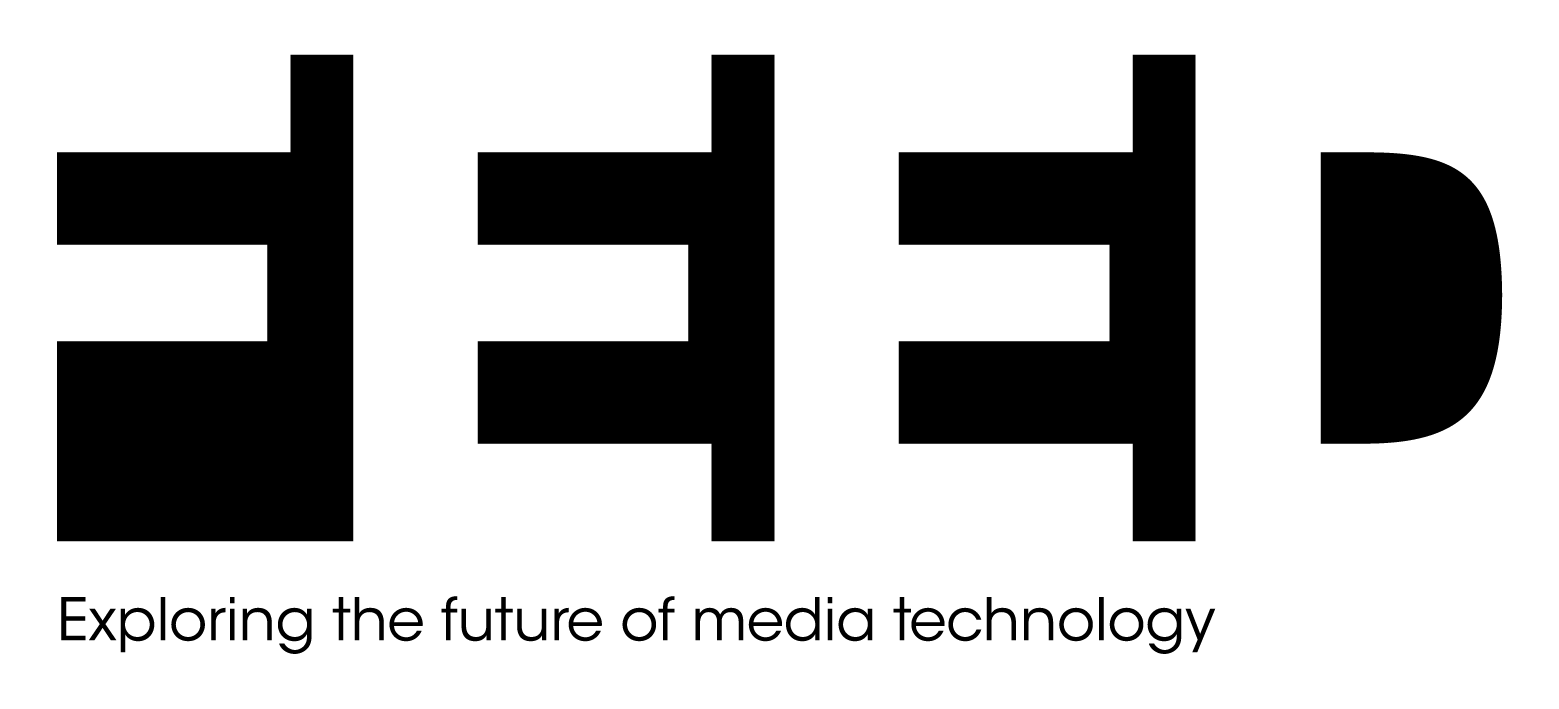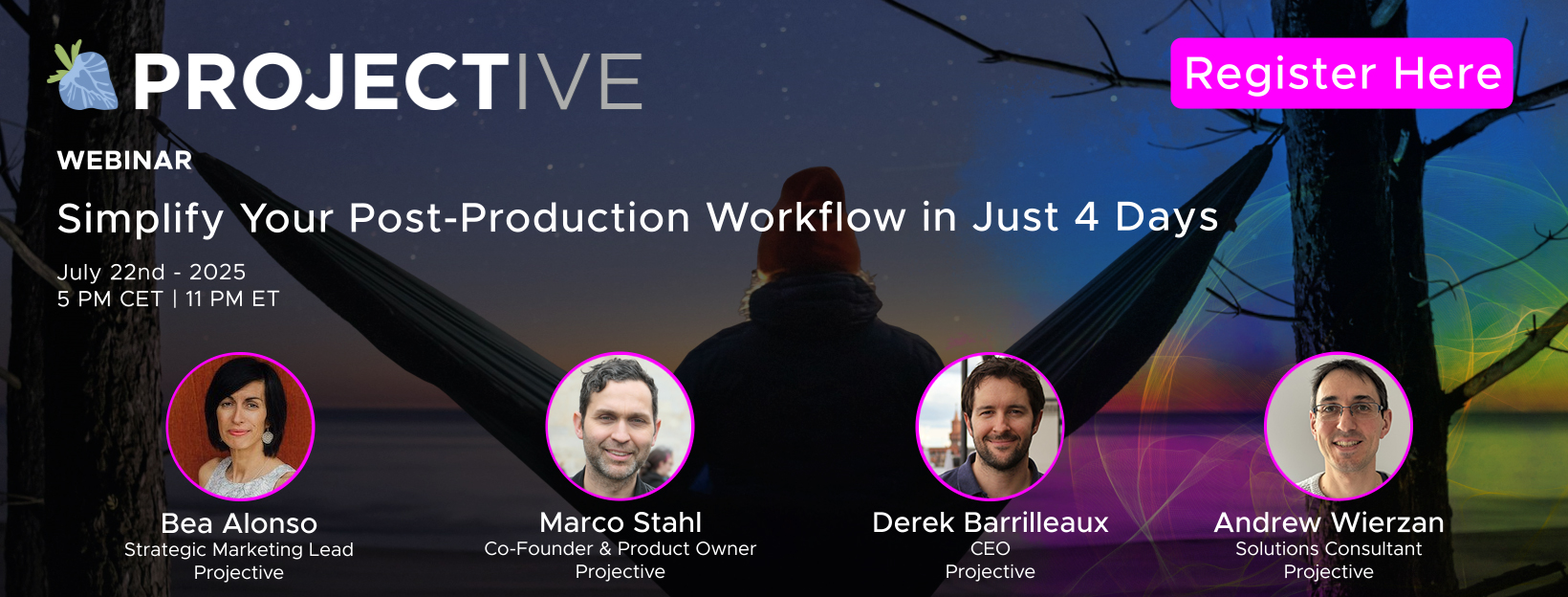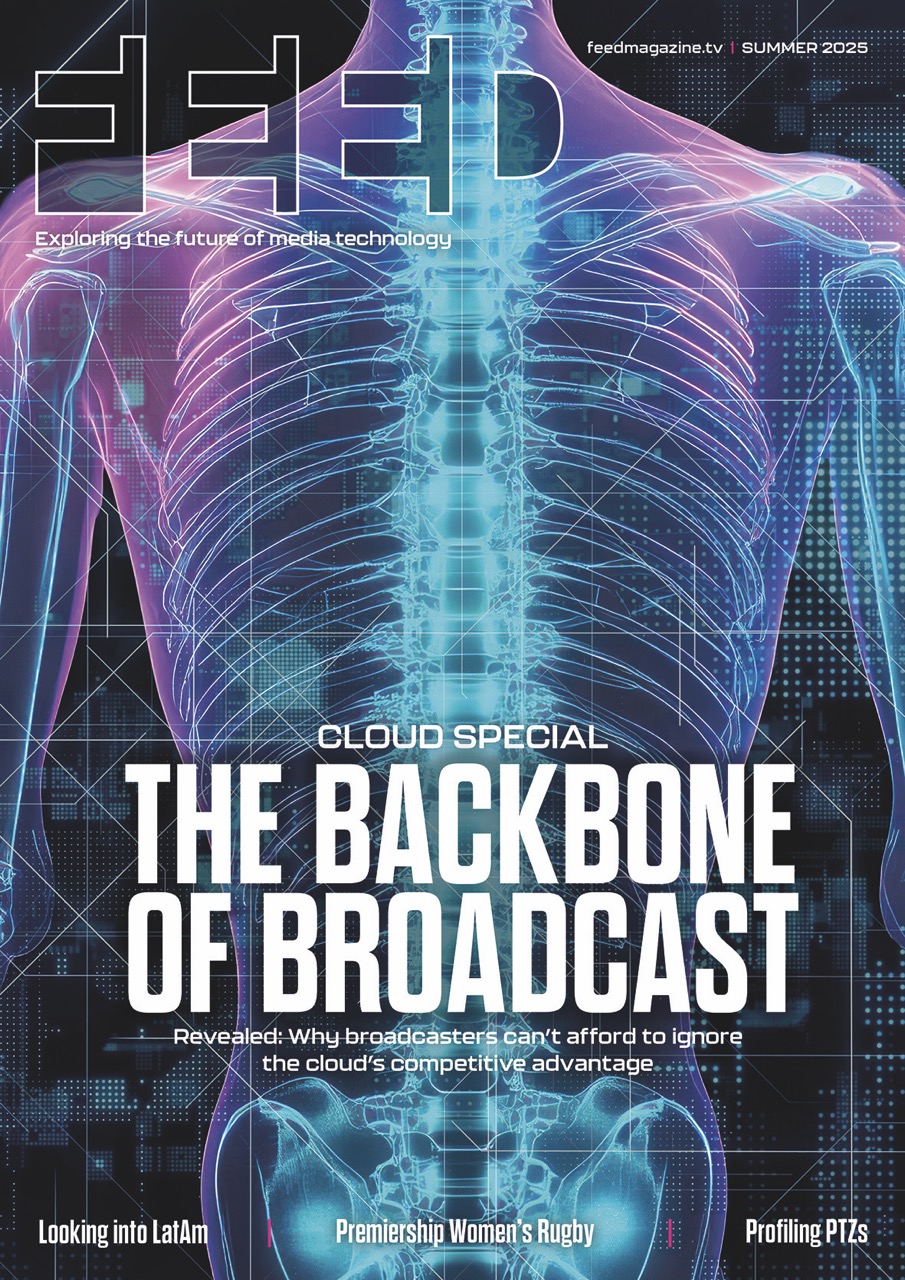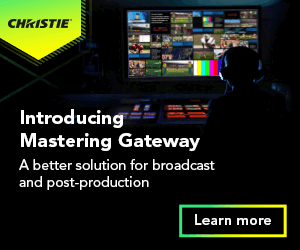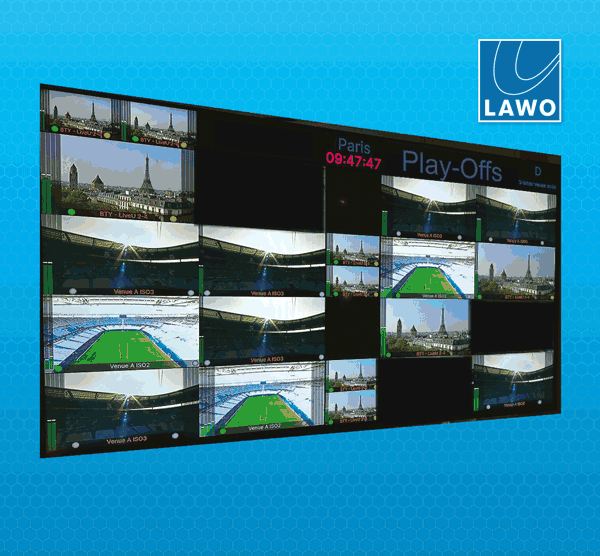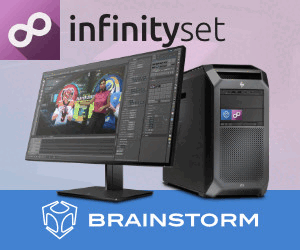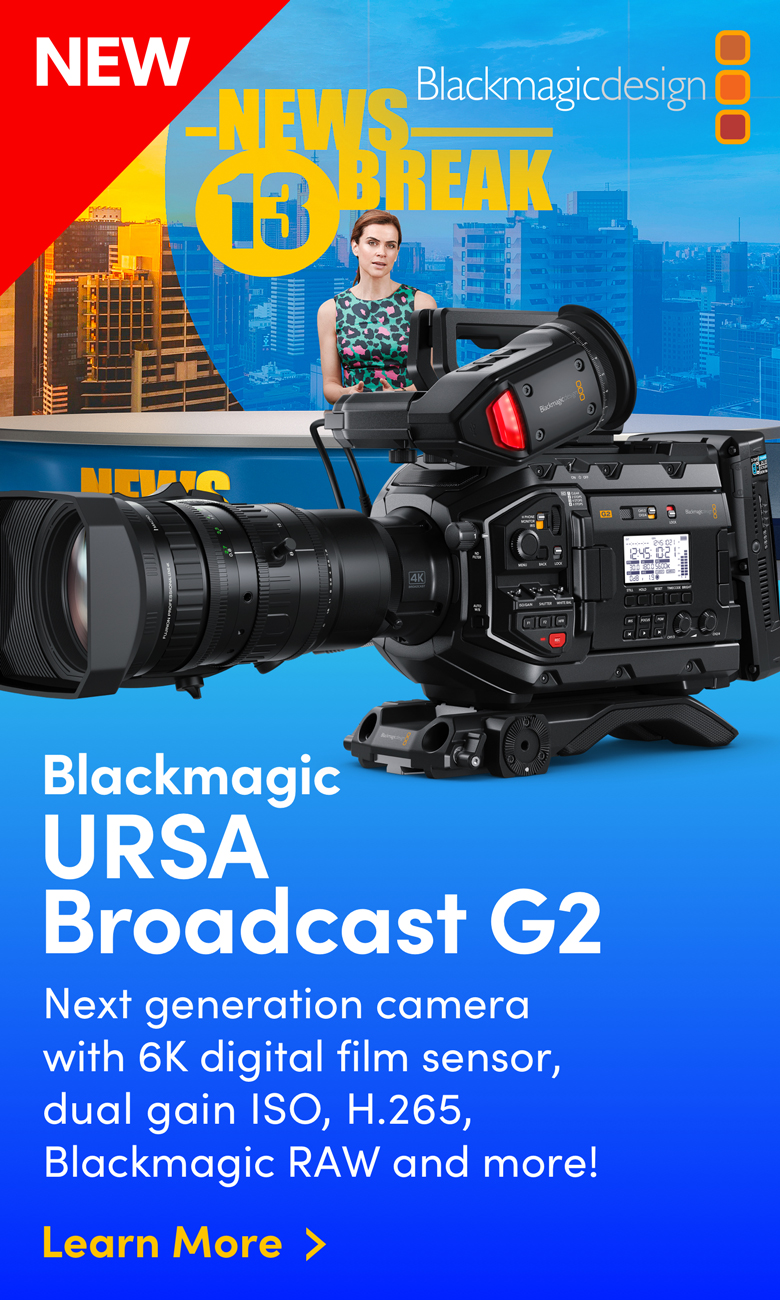Start-up: Newsadoo, Austria, 2017
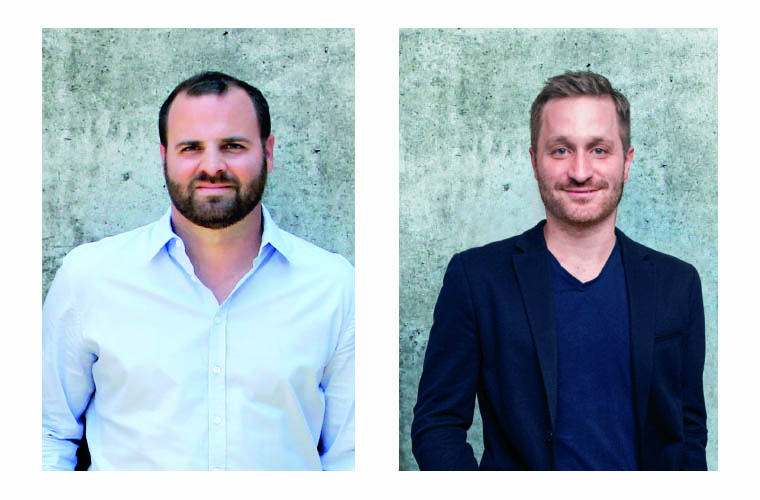
As a publisher of business magazine Die Macher (The Makers) David Böhm is keenly aware of the challenges facing the news industry
Digital ad revenues are not yet compensating for the shrinking newsprint industry, while Google, Facebook, Twitter and Apple are rewriting the rules of news, offering advertisers highly targetable access to readers.
Böhm’s Linz-based start-up, Newsadoo, aims to address some of these issues. The aggregated news platform harnesses AI to deliver personalised newsfeeds to readers outside of their social media silos, while offering publishers a business model that doesn’t rely on data from digital giants. Newsadoo users select their preferred news sources as well as topics that are of interest to them.
The service uses natural language processing to extract content information such as the context, topic and style of an article. This is then matched with the user behaviour by applying machine learning algorithms. Once a user has finished reading an article, they have the option of moving on to a constant flow of content on the same topic from other publishers. “The basis of everything we do is the data,” explains Böhm.
“We take articles from different sources and extract as much as we can and then tag this, rank it, assign detailed metadata to the articles and bundle them to create an equal amount of sources,” he says. Böhm likens the platform to Spotify, with users able to create their own channels similar to the digital music service’s shareable playlists.
Most publishers now want to reduce their dependency on big giants
The founder adds that there’s an added simplicity for both users and media organisations in having just one sign-in to access feeds from a variety of news organisations.
The service is text only at present, although Böhm adds that he hopes the site will carry more video once the service has become fully established. It is also available across most digital platforms including desktop, iOS, Android or as a flash briefing on Amazon’s Alexa. Users can sign up for free, although there is also a subscription model to access content behind media paywalls.
Critical to the success of the platform are Newsadoo’s publishing partners –which the company has spent the last three years onboarding. It now runs the feeds of leading news and magazine outlets from many English- and German-speaking territories, as the service was trained on both these languages.
According to Newsadoo’s head of partnerships, Johannes Knierzinger, some publishers signed on straightaway, while others required more negotiation.
“It depends on how it fits into their own strategy, but we’re noticing a shift,” explains Böhm. “Most publishers now want to reduce their dependency on big giants and the motivation to join us appears much higher now that they understand that it’s not just about monetisation, it’s about the data we share with them, which gives them more negotiation power with advertisers.”
According to Böhm, publishers receive a 60% share of the ad revenues, but the final figure going forward may hinge on whether the publishers decide to come on board fully as stakeholders in the venture. He makes it clear that while it was necessary for an independent company to launch the project, the platform requires financial investment from all the partners if it is to become a sustainable enterprise.
“The revenue share percentage is just based on the amount that it costs to finance the project for now. To finance the next step, the future goal is that together we should all be the shareholders of the project – this will be necessary to invest in its future and push the project forward,” he says.
The project was funded initially by founders themselves as well as a grant from the Austrian government’s Research Promotion Agency. Angel investors, including an Austrian venture capitalist, have since come on board to help meet the project’s AI and marketing costs.
This article first featured in the March 2020 issue of FEED magazine.
